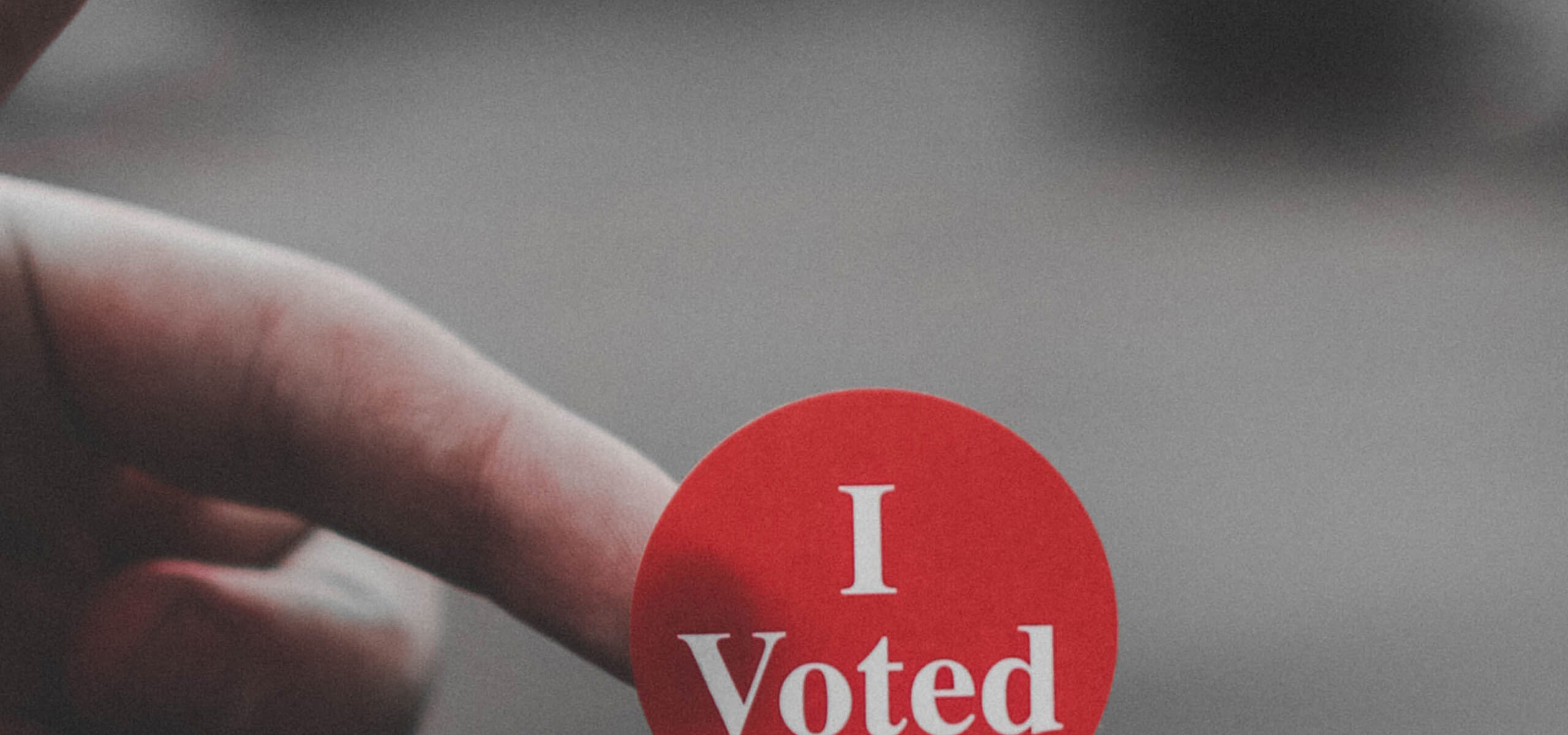How can we vote more rationally?

With the local elections this week, one might be forgiven for growing tired of brightly-coloured leaflets passing through our mailboxes each week, and doorknockers interrupting our evening Netflix binges. For many, our minds are already made up. The majority of us are used to voting for the party we always have done, giving little critical thought as to why.
The truth is, the majority of the British people don’t trust politicians or journalists to give us an honest picture of Britain’s socio-political life. Two thirds (66%) of people think Britain’s current politicians and journalists increase the level of political division in the country.
So, what causes us to feel so confident in our (somewhat unconscious) voting decisions, given that we are sceptical of leaders and the reliability of the media? And more importantly, how can we be more rational in the run up to polling day on May 5th?
1. Social Identity
Perhaps the greatest obstacle to voting rationally sees us up against our peers. In psychology, Social Identity Theory describes how people are highly motivated to perceive a group to which they belong as socially or morally superior to another to which they don’t.
At school, if we didn’t find ourselves in the ‘cool’ group, we may have rationalised our belonging to another by thinking ours was ‘smarter’ or ‘more genuine’. In adult life this can take many forms, including seeing your borough as better than another, or the political party you identify with as more in touch. This positive social comparison feeds our individual self-esteem and sense of belonging, making it a powerful force.
Applied to politics, belonging to a certain political side (i.e., left or right wing) becomes intrinsically linked to social identities. It is much more common than not for people to be friends with and in relationships with their political comrades. This then begs the question: Are we voting for a candidate based on genuine alignment with their party’s current policies? Or are we doing so because we feel that our membership to a social group is dependent on us holding a corresponding political opinion?
Remember the phrase, ‘It’s hard to stand up to your enemies, but even harder to stand up to your friends’? Social Identity Theory would agree.
2. Negative Bias
People’s judgements are significantly influenced by readily-available, negative information. Negative Bias describes how we have an unconscious preference for remembering information which evokes negative emotions and can subsequently dominate our decision-making. The amygdala, or the “alarm bell” of the brain, is responsible for this, spending the majority of its time and neurons being alert to bad news – an ‘evolutionary hand-me-down from our cave-dwelling ancestors’ apparently.
This effect is particularly salient in the lead-up to elections when politicians focus on attacking their opponents just as much as (if not more) than they do stating their election promises. In doing so, they – consciously or not – target voters’ vulnerability to Negative Bias, effectively making people more motivated in response by what they don’t want (i.e., to be aligned with the criticised party), rather than what they do (to support particular policies).
3. Media Bias
We all know that people’s loyalty to certain media outlets is often formed by that outlet’s sympathy with a political side. Most Britons would feel confident guessing a stranger on the tube’s party allegiance based on whether they were scrolling through The Guardian or The Times app on their way to work.
However, not only can this bias impact our choice to engage with a media outlet, but for some readers/viewers who may be more on the fence politically, engaging with certain outlets can be very influential. For example, a US study on Fox News reported that between 1996-2000 they convinced 3-8% of their viewers to vote Republican in presidential elections. This is often the result of biased retelling of political anecdotes or preferential airtime to politicians on a certain side.
Reporting of pre-election polling can also increase people’s likelihood to vote for a party seen to be ahead. A 2019 study revealed that showing people a single poll can increase support for the party seen to be leading by 20%. Furthermore, in another version whereby participants were actually told they were receiving a biased snapshot of a certain party, that party still garnered more support.
Social Influence (seeing what others are doing or thinking) can therefore convince us even when we’re aware of bias. This shows us just how powerful a process it can be, and that media slant matters; When the media cherry-picks which polls to show based on pandering to their audience or showing an interesting result, they are impacting voter rationality.
And this is all before we get onto the ever-present echo chamber effect of social media too.
So, how do we work against these powerful influences to pursue more rational voting decisions?
1. Read manifestos
The only way to wade through the bias brought forth by politicians, journalists and social media is to seek out the facts by actually reading candidates’ manifestos – and talking to those doorknockers! In doing this, people have the opportunity to reflect individually, without their social group’s influence.
2. Read ‘The Centre Holds’
Global Future’s latest report shows just how much more united the British people are than we think on a range of socio-political issues. When 80% of Britons believe that it is important to be aware of and attentive to issues of racial inequality and social justice, how useful is it for us to keep drawing social comparisons based on our relative morality? If we can see ourselves as less ideologically divided, we can hopefully reduce the tribal motivations affecting our voting behaviours.
3. Diversify your sources
Talk to different people about the issues and engage with news outlets you may not have before. (Ask your mum for forgiveness and consider dating someone who votes differently to your parents). It is not enough to simply follow people with different opinions on social media and studies have actually shown that this can increase negative opinions, further cementing political loyalties.
Finally, stay agile. Even though we may recognise the obstacles, we must actively work against the seductive influence of agreeing with our friends and reacting to emotive, moralistic and incomplete narratives of some politicians and media outlets. These only distract us from seeing the complete picture and from casting an honest, rational vote.
Isabel Doraisamy is a psychological researcher at the Global Future think tank. She studied psychology at The Australian National University and is concerned with how social psychology intersects with health (mental and physical) and informs our understanding of current issues.

